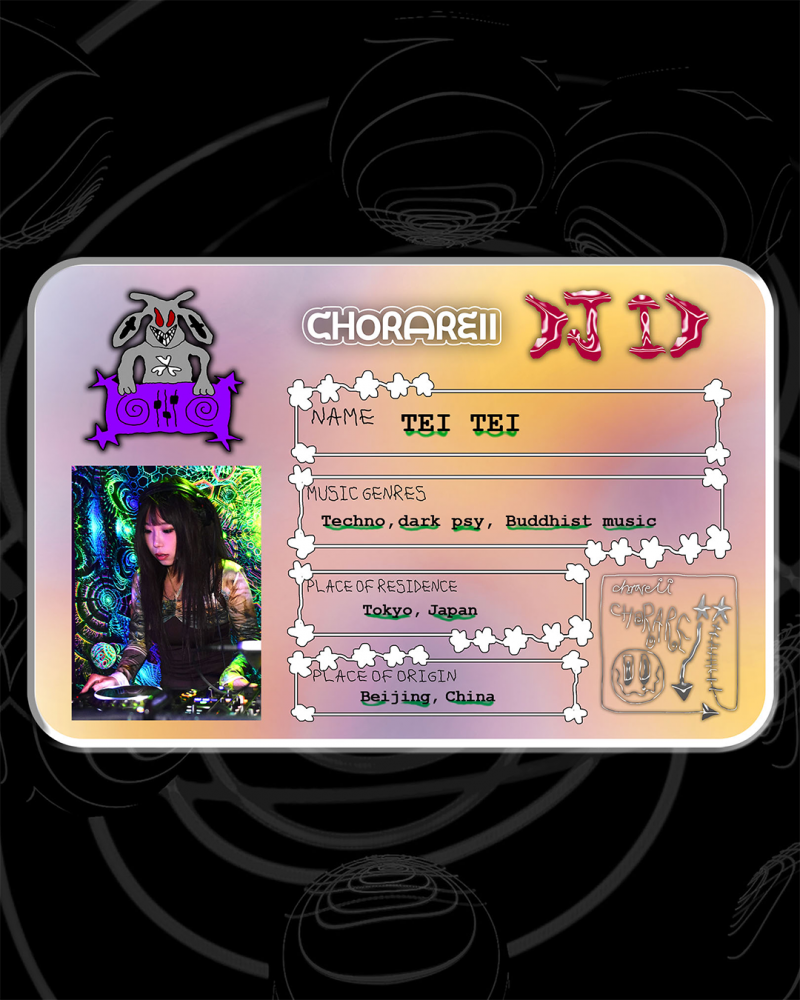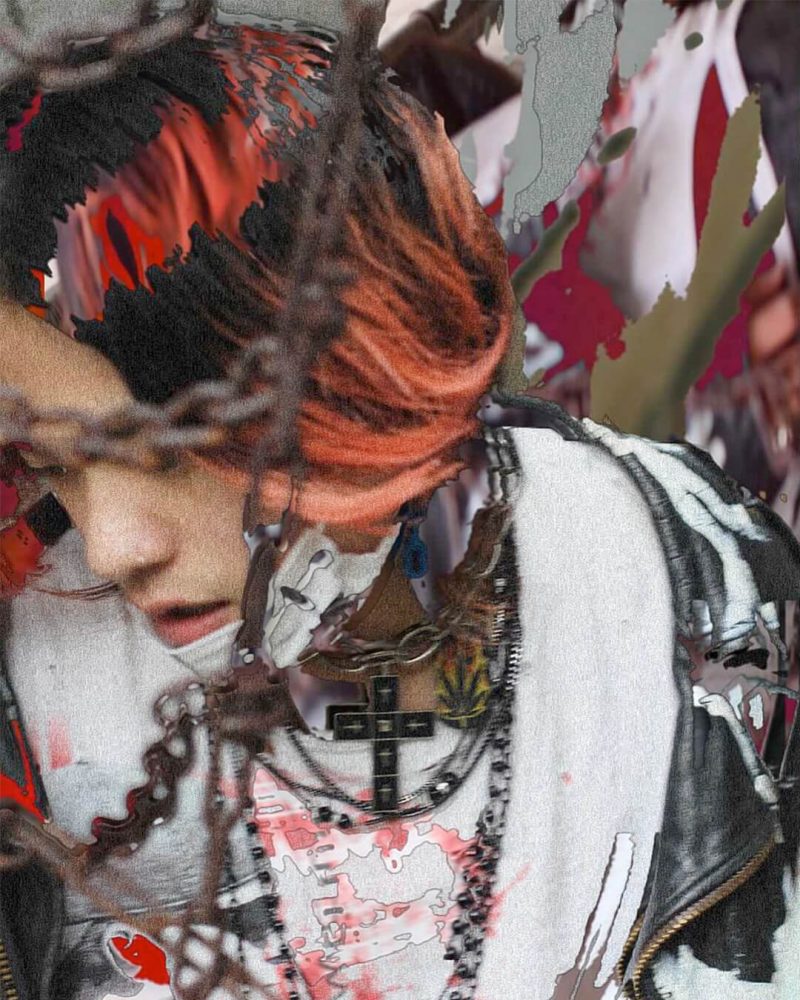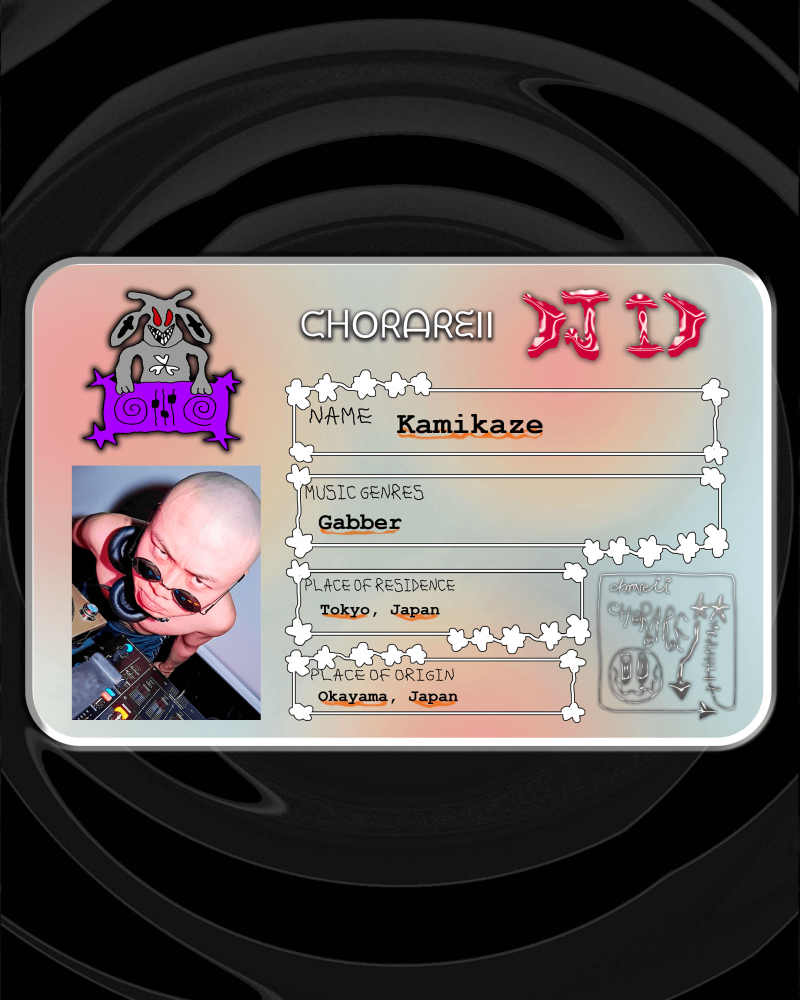
Music can become a universal and timeless language. Yongsi (@yongsimusic) claims this fact by building her songs through different languages, sound influences, and above all, her own international experience.
Living in a different country and culture, a person goes through intense and special feelings and experiences. There is probably nothing more inspiring to create — and to grow — than what makes us feel different from the usual. Yongsi, of Chinese origin, has decided to say goodbye to Japan after living here for five years. However, her international adventure will continue in London.
Before leaving Japan, she has released a farewell album written mostly in Japanese. The title of the album expresses exactly how far Yongsi wants her music to go: “Beyond Time and Space”. It doesn’t matter where we are physically or at what time: if we listen to the same music, it will bring us together.

Chorareii: First, introduce yourself!
Yongsi: My name is Yongsi, I come from a small town surrounded by mountains, rivers, and monkeys called Guiyang, in China. I’ve had short hair since I was 9. I’m a very sentimental person, I like to express my emotions by crying or kissing people, or writing music.
I like spicy food, traveling, watching animal memes, talking to strangers, rainy days in the forest, and Jackie Calpas (a kind of Japanese snack). I don’t like sweets.
I find humanity fascinating and the idea of language a little bit terrifying.
Your recent album “Beyond Time and Space” is your farewell to Japan after five years in the country. What feelings or experiences are reflected in the album?
Five years in Japan have given me the time and space to dig deeper and further in myself, and also showed me how to be humble and coexist with the people around me.
My personality, my music’s personality, the sense of belonging, and the happiness in finding connections with others are presented in this album. The loneliness, the dark side in all of us also counts a lot.
The experience with the people in Japan has made me realize that the bipolarity in our emotions is what makes us human.
We live in a world where the geopolitical situation is worrying, and recently all countries have been much more isolated than before because of the pandemic. For these reasons, I think the concept of your new album is a very interesting vindication. Tell me about the message you wanted to convey.
As you can tell, various languages and genres of sound and arrangements are mixed in this album. It gives you a sense of experiencing all the generations, nations, thoughts, and so on “Beyond Time and Space” at the same time.
Since the pandemic has made us realize we need each other more than ever, I want my audiences to know that even we are physically or geographically apart, as long as my music is out there, we are together “Beyond Time and Space.”
Your music is very eclectic, you mix a lot of different elements. If this album were a recipe, what would be the ingredients you have used?
Set ambient as the base, add some distinguishing techno, electronic pop, soundtrack, and noise taste to it. Then, just let the melody of the vocals take the lead.

In this album, you have mainly used Japanese. When composing, have you noticed any nuances or characteristics of the Japanese language “personality” that make it different from the languages you used before?
I find verbs in Japanese very sexy, but making a point in Japanese in one sentence is harder than when using English or Chinese. Mostly, Japanese can be very vague but beautiful.
When I’ve seen you live, I’ve felt that you seek to connect with the audience in a very intense way. How has the connection with the Japanese audience been the times you’ve performed?
The reason I perform the way I perform is that I want whoever comes to my show to know that they are safe and welcomed in my space. Especially for the Japanese audience, they are too good at hiding their emotions and keeping a distance from each other both mentally and physically.
I want them to know it’s okay to feel and let the emotions explode, at least one night, with me. So I just grab them from the floor by surprise. I haven’t had any complaints yet and people seemed to like it, thank God!!

What great learnings have you taken away as an artist from your time in Japan? What is it like to be an alternative foreign artist in Japan?
The greatest lesson Japan has taught me is that only if you become a good listener first can you become a good performer.
It’s bittersweet to be an alternative foreign artist since all about you is so different from your surroundings. Sometimes I just feel the Japanese culture is too unique to understand, and I assume vice versa.
What are your plans for London, are there any artists you would like to collaborate with?
I have been making contacts and no plan is my plan, so exciting!!! I would like to collaborate with Nariaki Obukuro, Askjell, Lykke Li, Agnes Obel, Jacob Collier, Ólafur Arnalds, Benjamin Clementine and so many more… DREAM BIG, right?!
Listen to Yongsi’s music and follow her on social media
٩(๑・ิᴗ・ิ)۶٩(・ิᴗ・ิ๑)۶





